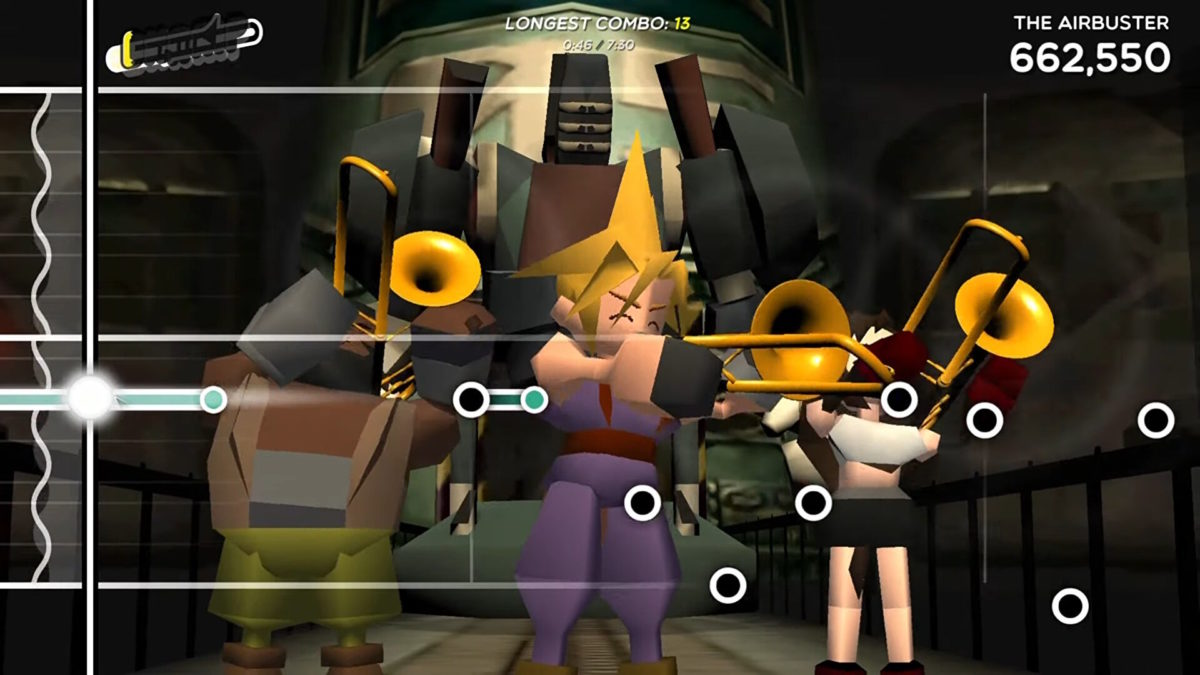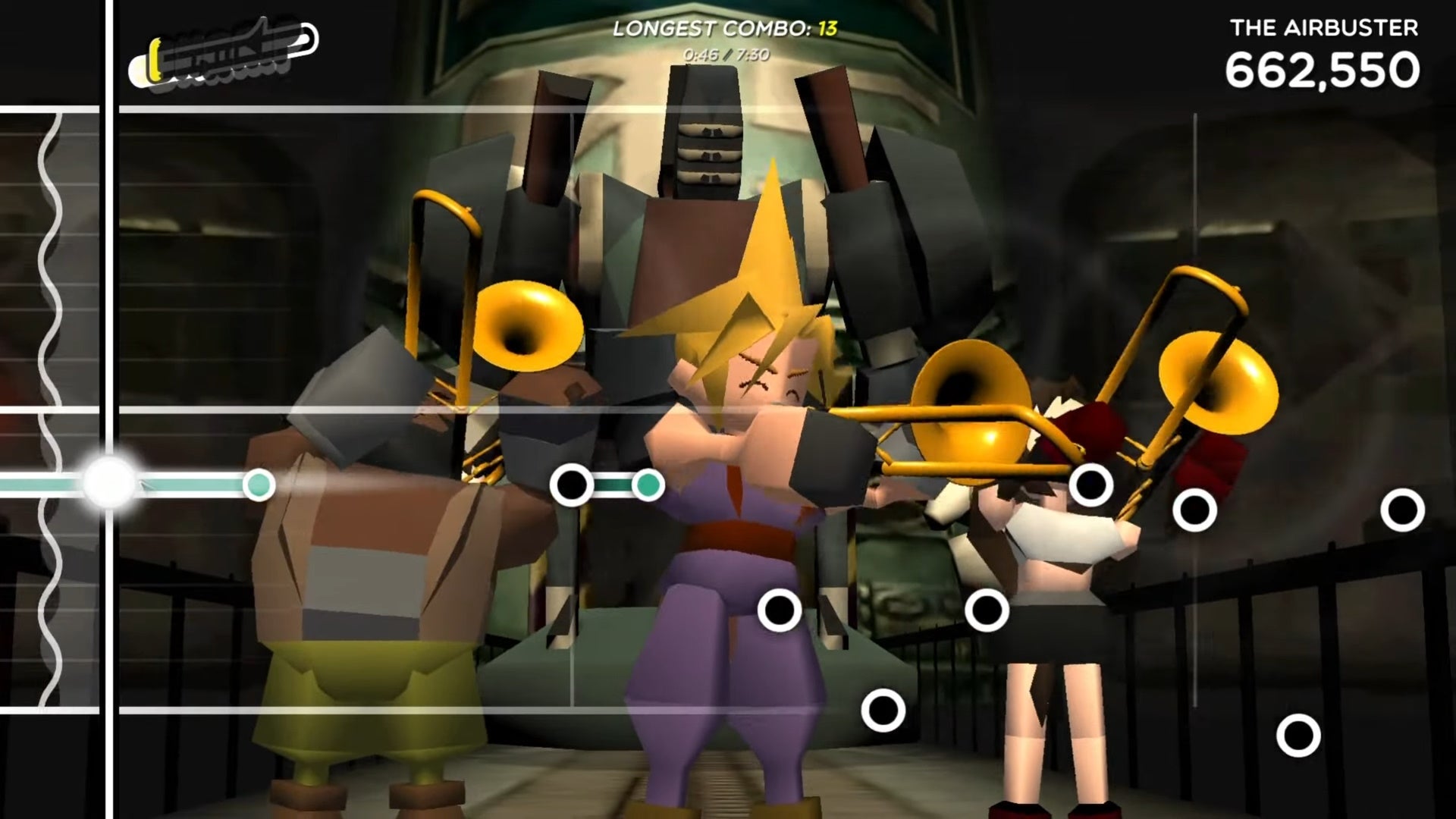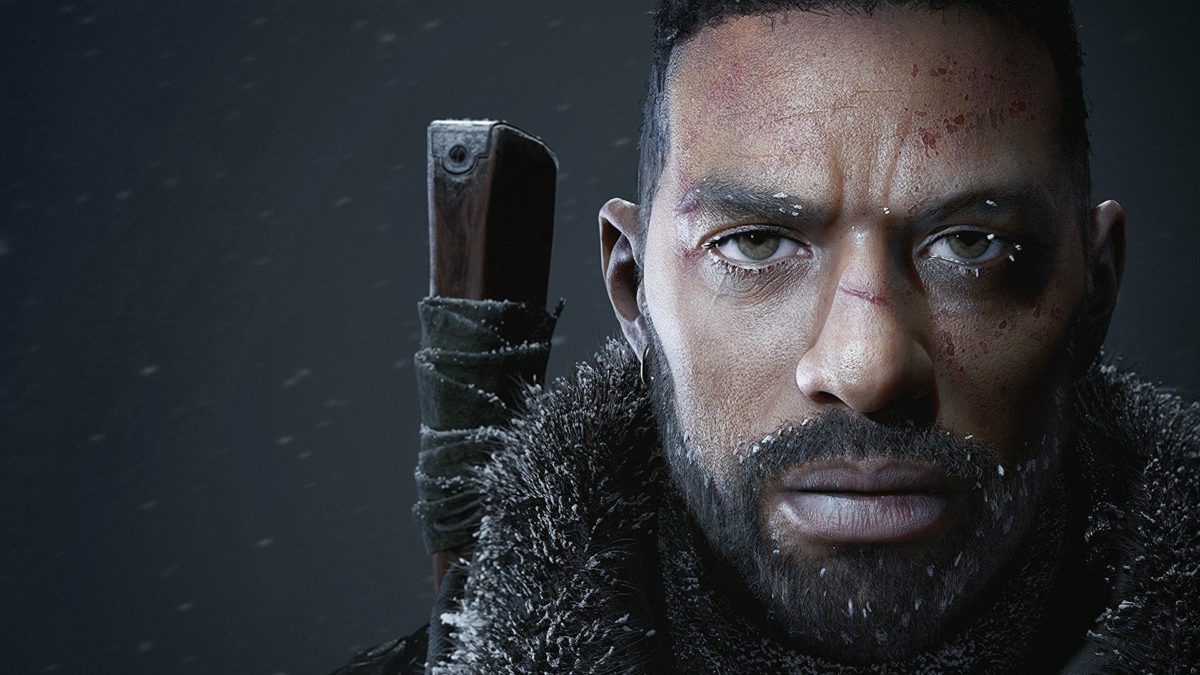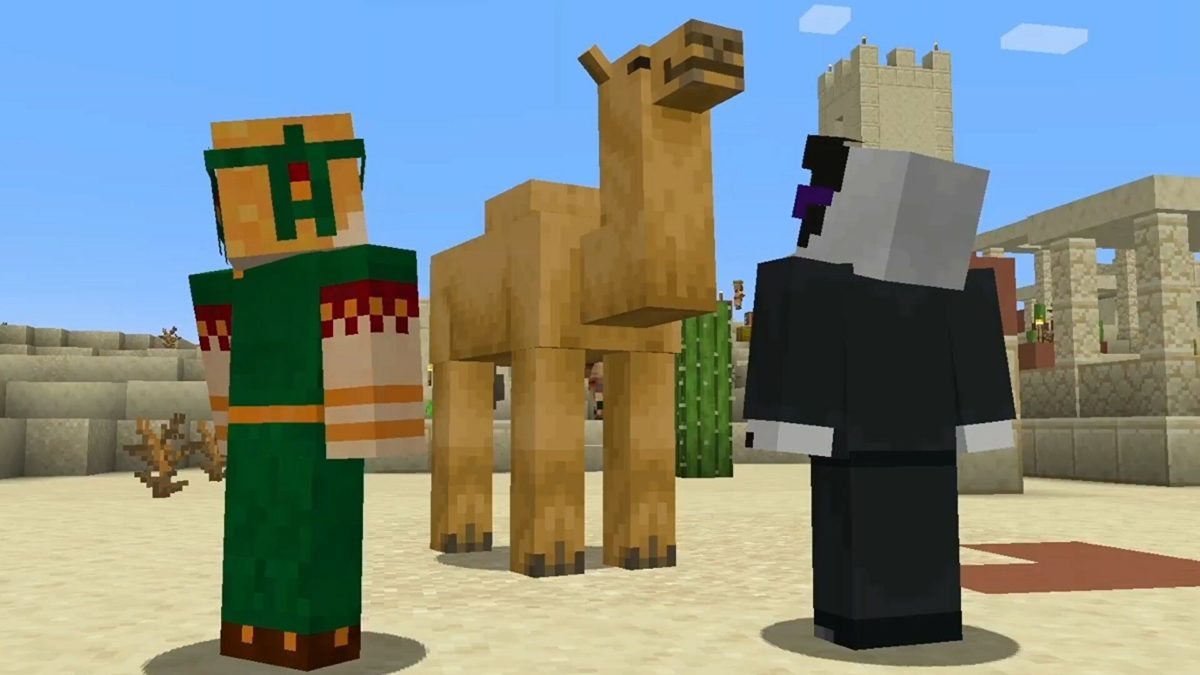Dragon Ball Z Kakarot has had a steady trickle of DLC since it launched three years ago, the most recent of which tells the story of Goku’s dad, Bardock, which goes to show you there are plenty more stories to tell in that universe.
Kakarot isn’t perfect, but it’s one of the best representations of Akira Toriyama’s awesome colorful world in interactive form. All the pieces are there for a massive sequel that builds on established systems and mechanics and raises the stakes even higher, probably recounting the events of Dragon Ball Super and its various new hair colors. However, I’m strongly of the opinion that the most potential for a follow-up to Kakarot lies in Goku’s earlier years, a game that retells the original Dragon Ball.
Something that makes Dragon Ball Z so appealing is also something that also often works against it: escalation. It’s all about taking things to the next level. DBZ tackles the afterlife, alien planets, time travel, and androids. Planets get destroyed, characters get killed off, resurrected, killed again and they regularly undergo drastic transformations – in some cases multiple characters get fused together to create new characters. It’s a lot. After a certain point, everyone gets so ridiculously overpowered that it stops being impressive. DBZ is the furthest thing from what you would call “grounded.” In fact, at various points, the ground literally gets blown up, and characters are just beating each other up while floating in mid-air – and maybe that doesn’t naturally lend itself to great gameplay?
Even starting from the beginning, Dragon Ball Z Kakorot feels like you’re jumping into someone else’s save file mid-game and playing as an overpowered character who has a ton of abilities unlocked – and in a sense, it is. You still level up and unlock moves, but at the start of Z, Goku’s one of the strongest warriors on the planet. He can fly and shoot energy blasts without thinking about it, and Kakarot’s gameplay reflects that. It took Goku three episodes to form that spirit bomb he chucked at Frieza, and it’s a two-button combo?
Dragon Ball, meanwhile, starts from square one with good ol’ fashioned martial arts. Early on, Goku relies primarily on his fists, feet, tail and powerpole during combat. He’ll occasionally resort to a Kamehameha wave as a last resort, but something that’s primarily ground-based melee combat could make for a solid beat-’em-up. Make those ranged attacks a special occasion. Or, maybe that’s where side characters come in? Have Bulma whip out an Uzi or make Oolong turn into a missile.
One of the gripes about Kakarot was that the open-ish world felt empty, and while that’s true, it might not have been quite as noticeable if players explored it at a different pace. With the push of a button, Goku can blast off and zoom halfway across the map. It’s fun as hell but also makes so much of the world blur past. In Dragon Ball, Goku spends a lot of the time on foot, or riding in a variety of cool-looking vehicles – many of which are already in Kakarot. Sure, he gets the Flying Nimbus pretty early, but it’s also often out of the picture. I dunno, make Nimbus like Torrent in Elden Ring, your magical ride that sometimes totally bails on you.
Another complaint about Kakarot was that in between epic showdowns against iconic villains, a lot of time was spent fighting the same handful of enemies. Random encounters with Saibamen, pirate robots, Frieza’s henchmen happen constantly. None of these seem like they should actually pose a threat to earth’s mightiest heroes, but you’ve gotta have something to fight in between big story beats. Oh, and since so much of the travel is aerial, all the enemies need to be able to fly. In Dragon Ball, Goku constantly crosses paths with goons, thugs, henchmen, and various other run-of-the-mill bad guys. Honestly, Goku taking on the Red Ribbon army is practically a video game already: he fights his way floor by floor up Muscle Tower, beating up tons of regular grunts, and encountering a new unique boss every few levels.
Something I loved about Kakarot is how much its structure felt like the Yakuza games – the mix of epic story missions, silly side quests, and fun activities. Something the Yakuza series has proven several times over is that as long as there’s new stuff to do in a game, nobody gets too mad that the map is getting reused, and I’d love to see that approach taken here.
Given the massive global success of Dragon Ball Z and Dragon Ball Super, the power creep clearly isn’t a deal breaker for a lot of fans, and for a lot of folks bigger is always better, period. Kakarot was the third best-selling Dragon Ball Z game to date, so I wouldn’t be shocked if Bandai Namco took the “if it ain’t broke, don’t fix it” route – but we’ve gotten SO many DBZ games, it’d be nice to see the OG get some love, perhaps to commemorate some significant milestone… like say, the 40th anniversary next year? It’s not the craziest thing anyone’s wished for.


 Trombone Champ rendition of
Trombone Champ rendition of 
 The Day Before was set for release on March 1st, but devs Fntastic have announced that it’s slipping to November 10th due to trademark concerns. In the latest unusual twist in The Day Before’s development, Fntastic
The Day Before was set for release on March 1st, but devs Fntastic have announced that it’s slipping to November 10th due to trademark concerns. In the latest unusual twist in The Day Before’s development, Fntastic 
 Minecraft, Xbox Live, Teams, Outlook and other 365 products. In a
Minecraft, Xbox Live, Teams, Outlook and other 365 products. In a